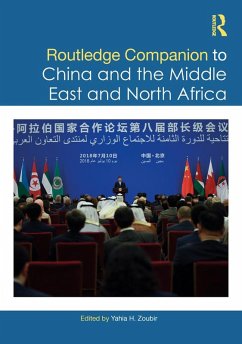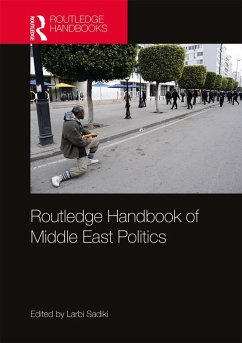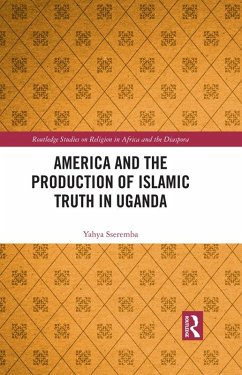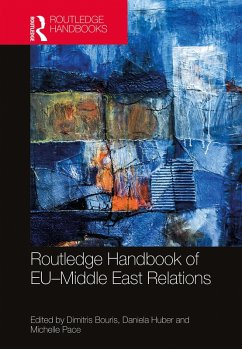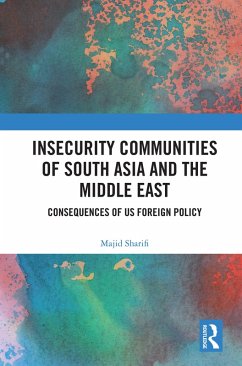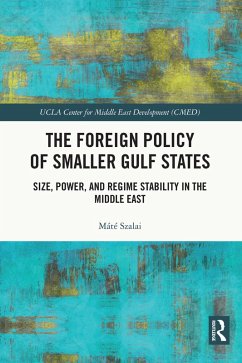
Contextualizing Sectarianism in the Middle East and South Asia (eBook, PDF)
Identity, Competition and Conflict
Redaktion: Hamrah, Satgin
Versandkostenfrei!
Sofort per Download lieferbar
38,95 €
inkl. MwSt.
Weitere Ausgaben:

PAYBACK Punkte
19 °P sammeln!
States across the Muslim world are faced with challenges associated with a perpetual cycle of conflict and violence organized along sectarian lines. To understand modern-day sectarianism, it is essential to move beyond explanations that focus predominantly on ancient Sunni-Shia animosities or a singular lens. It is important to engage in interdisciplinary and multidirectional examinations to better understand how sectarianism is strategically utilized by political entrepreneurs. Moreover, while religious identities and how individuals define themselves and their communities are important, it i...
States across the Muslim world are faced with challenges associated with a perpetual cycle of conflict and violence organized along sectarian lines. To understand modern-day sectarianism, it is essential to move beyond explanations that focus predominantly on ancient Sunni-Shia animosities or a singular lens. It is important to engage in interdisciplinary and multidirectional examinations to better understand how sectarianism is strategically utilized by political entrepreneurs. Moreover, while religious identities and how individuals define themselves and their communities are important, it is also integral to analyze how identity has been utilized in historical and contemporary political contexts on state and non-state levels.
This volume seeks to fill gaps in understanding the complexities associated with sectarianism through a transnational interdisciplinary analytical framework to enhance understanding of the socio-political, religio-political, cultural and security landscapes of the Middle East and South Asia. It also challenges narratives regarding sectarian divisions between Sunnis and Shias and deconstructs popular misconceptions about sectarianism, its spatial and temporal impact, as well as its influence on identities, conflict, and competition.
The volume will be of interest to scholars and researchers of the Middle East and South Asia, and those interested in history, politics, international relations, international security, religion, and sociology.
This volume seeks to fill gaps in understanding the complexities associated with sectarianism through a transnational interdisciplinary analytical framework to enhance understanding of the socio-political, religio-political, cultural and security landscapes of the Middle East and South Asia. It also challenges narratives regarding sectarian divisions between Sunnis and Shias and deconstructs popular misconceptions about sectarianism, its spatial and temporal impact, as well as its influence on identities, conflict, and competition.
The volume will be of interest to scholars and researchers of the Middle East and South Asia, and those interested in history, politics, international relations, international security, religion, and sociology.
Dieser Download kann aus rechtlichen Gründen nur mit Rechnungsadresse in A, B, BG, CY, CZ, D, DK, EW, E, FIN, F, GR, HR, H, IRL, I, LT, L, LR, M, NL, PL, P, R, S, SLO, SK ausgeliefert werden.





